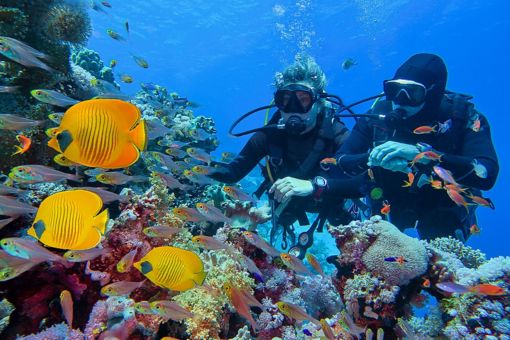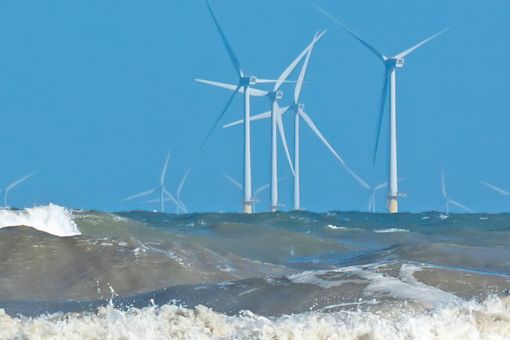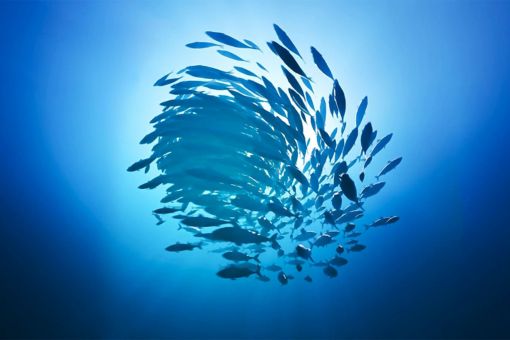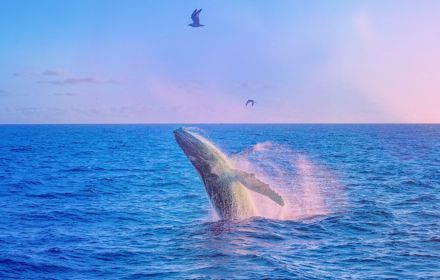Countries around the world are looking to transition to a “green” economy that’s low in carbon, socially inclusive and resource efficient. In its simplest form, green has become short for a sustainable social, environmental and economic future.
While the world's attention has been caught by the direct terrestrial implications of the green agenda, the blue economy hasn’t been prioritized to date. The “green” economy should include the sustainable use of oceanic resources, but the pivotal role of the oceans in limiting temperature rises and stimulating socioeconomic development has been comparatively absent from the transition towards a “green” global economy.
The blue economy is central to the green ecosystem: oceans influence all-natural cycles and are also directly or indirectly involved with all economic sectors. Oceans produce up to 70 percent of the oxygen we breathe, while nearly 40 percent of the world's population depends on marine and coastal biodiversity for livelihood. For these reasons, the “blue” component of the “green” transition to a more sustainable global economy shouldn’t be overlooked.
KPMG professionals have deep experience supporting organizations to establish their blue economy strategy and can help you:
- Integrate blue economy considerations as part of your corporate and climate strategies.
- Identify and access funding for blue economy-related investments and projects.
- Align and report against the evolving Taskforce on Nature-related Financial Disclosures (TNFD).
- Perform climate scenario planning and assessment for coastal and marine sectors.
- Manage freshwater assets and infrastructure planning.
- Support and develop the energy transition to integrate blue energy sources.
- Blue carbon and ecostystem related projects.
- Collect, monitor and interpret water use using propriety data analytics.
- Support ways to protect and promote “social” aspects of the blue economy related to your operations and strategies.
Recent insights
ESG isn't something you do. It's everything you do.









